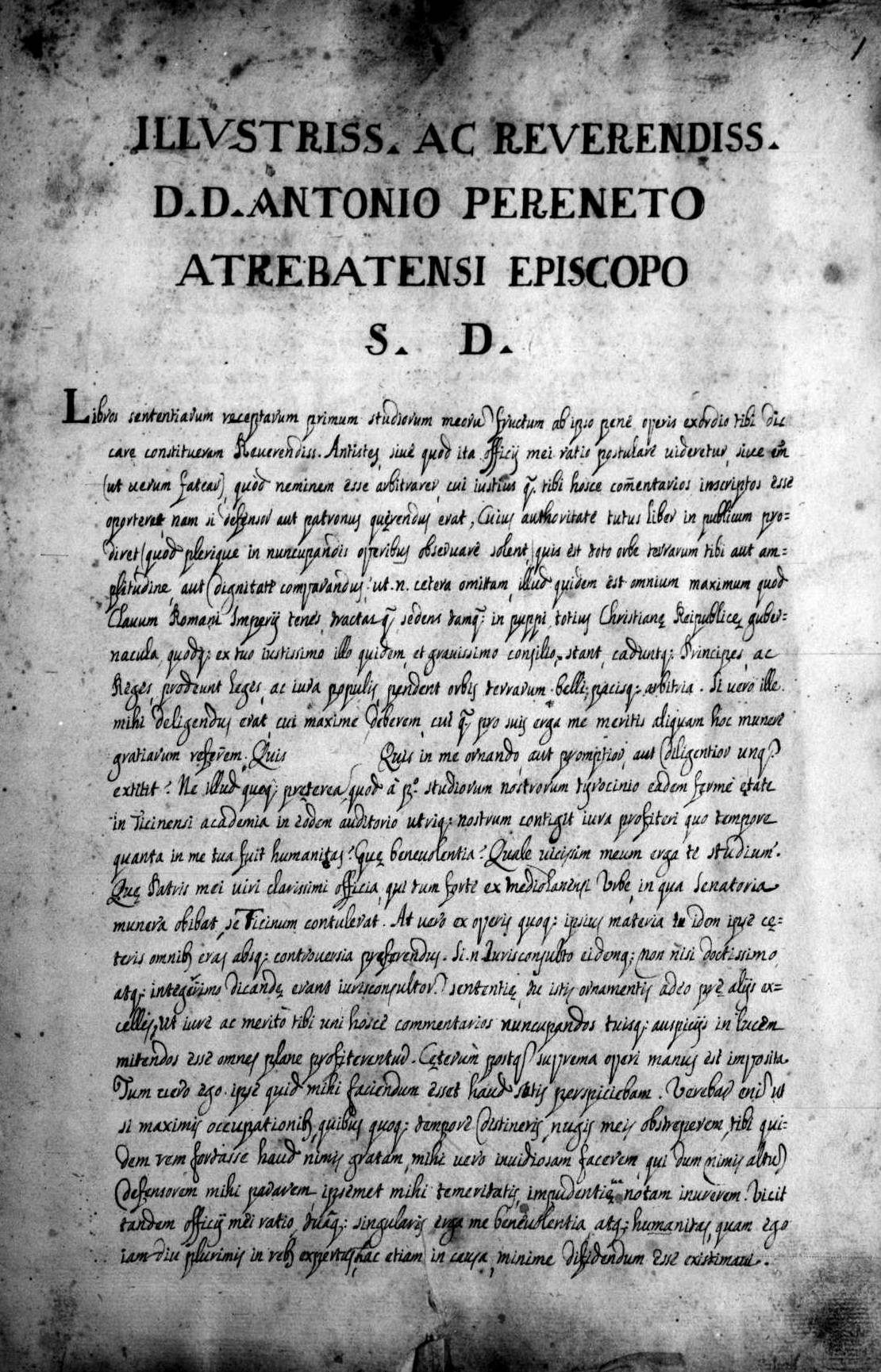Giulio Claro on:
[Wikipedia]
[Google]
[Amazon]
Giulio Claro or Clarus (1525–1575) was an Italian
 *
*
Renaissance
The Renaissance ( , ) , from , with the same meanings. is a period in European history marking the transition from the Middle Ages to modernity and covering the 15th and 16th centuries, characterized by an effort to revive and surpass ideas ...
jurist and public official.
Biography
Giulio Claro was born inAlessandria
Alessandria (; pms, Lissandria ) is a city and ''comune'' in Piedmont, Italy, and the capital of the Province of Alessandria. The city is sited on the alluvial plain between the Tanaro and the Bormida rivers, about east of Turin.
Alessandria ...
and took up the study of law in Pavia
Pavia (, , , ; la, Ticinum; Medieval Latin: ) is a town and comune of south-western Lombardy in northern Italy, south of Milan on the lower Ticino river near its confluence with the Po. It has a population of c. 73,086. The city was the capit ...
as early as 1536. After receiving a doctorate in 1550, Claro was appointed a Milan
Milan ( , , Lombard: ; it, Milano ) is a city in northern Italy, capital of Lombardy, and the second-most populous city proper in Italy after Rome. The city proper has a population of about 1.4 million, while its metropolitan city h ...
ese Senator by Philip II Philip II may refer to:
* Philip II of Macedon (382–336 BC)
* Philip II (emperor) (238–249), Roman emperor
* Philip II, Prince of Taranto (1329–1374)
* Philip II, Duke of Burgundy (1342–1404)
* Philip II, Duke of Savoy (1438-1497)
* Philip ...
in 1536, a royal pretor in Cremona
Cremona (, also ; ; lmo, label= Cremunés, Cremùna; egl, Carmona) is a city and ''comune'' in northern Italy, situated in Lombardy, on the left bank of the Po river in the middle of the ''Pianura Padana'' ( Po Valley). It is the capital of th ...
in 1560/61, president of the Milanese ''Magistrato straordinario delle entrate'' in 1563 and regent of the Consejo d'Italia in Madrid
Madrid ( , ) is the capital and most populous city of Spain. The city has almost 3.4 million inhabitants and a metropolitan area population of approximately 6.7 million. It is the second-largest city in the European Union (EU), and ...
in 1565.
Claro's work, together with that of Deciani and Farinacci, provided the theoretical foundation for the common criminal law
Criminal law is the body of law that relates to crime. It prescribes conduct perceived as threatening, harmful, or otherwise endangering to the property, health, safety, and moral welfare of people inclusive of one's self. Most criminal law i ...
of Europe. That common law held sway until it was attacked by Enlightenment legal critics such as Feuerbach
Ludwig Andreas von Feuerbach (; 28 July 1804 – 13 September 1872) was a German anthropologist and philosopher, best known for his book '' The Essence of Christianity'', which provided a critique of Christianity that strongly influenced ge ...
and replaced by national penal code
A criminal code (or penal code) is a document that compiles all, or a significant amount of a particular jurisdiction's criminal law. Typically a criminal code will contain offences that are recognised in the jurisdiction, penalties that might ...
s in the 19th century. Claro's principal work is the ''Liber V. Sententiarum'', the fifth volume of his legal encyclopedia ''Sententia receptae''. Dedicated to criminal law, it was reprinted as part of the ''Julii Clari Opera omnia'' as late as 1737.
Editions
 *
*
References
* *External links
* 1525 births 1575 deaths 16th-century Italian jurists {{italy-law-bio-stub